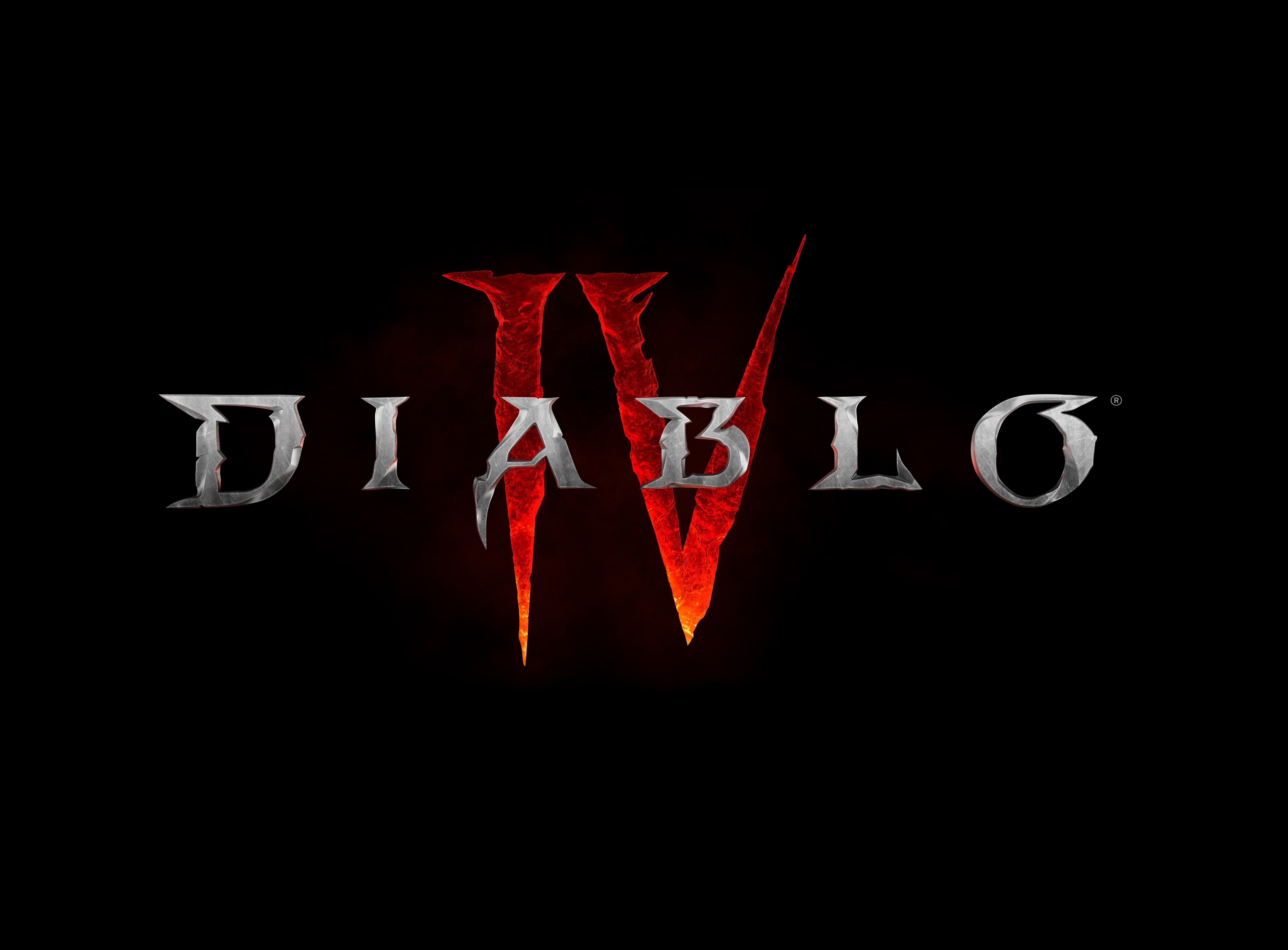

Since you used media as an example, let me use another common trope to answer. Do you know when in horror or thriller movies a character momentarily gets the upper hand on the killer by knocking them unconscious and then just tries to run away without even making sure that the killer is dead or at least arming themselves? Does that EVER end well?
The reason that trope is so common is that it’s very effective at eliciting the sort of instinctive emotional response that makes us as viewers want to yell “WHAT THE FUCK ARE YOU DOING?? KILL HIM!!” at the screen.
We have that instinct for a reason.
To answer your question more directly, yes, morals ARE inherently flexible. If they weren’t, we would never learn anything or progress as a society or even as individuals. I don’t know where the idea that someone’s morals are supposed to be immutable even comes from. One of the core steps to psychological well-being is realizing that you have no direct control over your “environment”, but you absolutely have direct control over the actions you take to influence it and the way you adapt and react to it, which includes letting go of standards and expectations you’ve set for yourself if you feel that it’s necessary.
Absolutes are not applicable in reality. You’ve mentioned utopias too, and well, the fun thing about utopias is that they don’t exist. They can’t exist. It’s the literal definition of the word: “an imagined place or state of things in which everything is perfect.” Dystopia, on the other hand, is what happens when you try to force a utopia into existence.
Morals can’t be absolute. Tolerance can’t be absolute. Everything is flexible and eternally changing. It’s scary and it’s complex but people have to come to terms with it.






You assume that what’s considered “moral” or ethical hasn’t changed multiple times throughout history and that it isn’t subjective. Sorry to sound pedantic, but once again, it’s right in the definition of the word:
a person’s standards of behavior or beliefs concerning what is and is not acceptable for them to do.
And nowhere does it say that “morals” imply any degree of immutability. There are countless examples I could make. Just as a personal example, I never particularly paid mind to the suffering of animals until I adopted a pet. I never believed getting involved in political discourse was a duty until I realized how increasingly distorted it’s becoming. Many people say similar things about having children, how the experience just changes the way you see the world, your perception of what is tolerable and what is not, and ultimately your perception of “right” and “wrong”: your morals.
If we as humans didn’t believe that we can actually influence other people’s conceptions of what’s right or wrong, there would be no point to education, history, politics, philosophy, law, religion, art, literature… culture as a whole. We wouldn’t have communication or civilization.
My honest opinion is that what you’re truly asking here isn’t whether it’s okay/possible for morals to be flexible, you’re asking whether it’s okay to stray from what you’ve always perceived to be the general consensus of what is “moral” and what isn’t. And my answer is still yes.